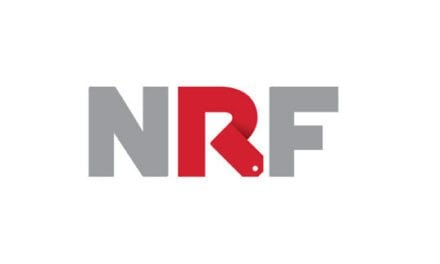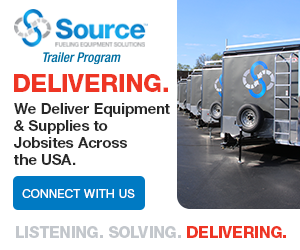Culture: A Supportive Environment is Essential
A company can have an expertly-designed program that looks impressive on paper, but without a culture that values support for injured workers and embraces their return to the workplace, it cannot be successful. Employees believe what they have seen. How have other injured employees been treated? Do the employer’s actions match the content of its policies? The two primary drivers of litigation by an injured worker are fear and anger: fear about the ability to pay the mortgage or buy food, and anger over feeling mistreated or not having been dealt with fairly as a result of the injury. Injured workers need to feel good about their future and know they’re going to make it. The right supportive culture can help ease fear, diffuse anger and ultimately minimize litigation.
Tips for Return-to-Work Success
- Have a plan, not just a “policy.” An RTW plan can be as simple or sophisticated as a company wants or needs, but it must go beyond written policy and procedure to include committed resources for executing and managing it on an ongoing basis.
- Post-injury management starts at the date of hire. Beginning “day one,” companies need to provide an orientation to their RTW plan. This plan should set expectations, educate employees about the importance of early return, identify available support and clearly outline the steps to follow in the event of injury, including the timetable for reporting.
- Assign a dedicated injury counselor. This “go-to” manager provides a single, consistent point of contact who communicates with injured employees on a weekly basis and coordinates all aspects of post-injury management among physicians, claims adjustors, supervisors and managers. Depending on the size of the company and claims volume, there may be one counselor or many, and the role may be full-time or part-time. In transportation, where drivers sometimes live a significant distance from where they are domiciled, the logistics of managing an RTW program become more challenging and the role of the injury counselor more critical. An employer may be doing all of the right things behind the scenes, but if it isn’t regularly communicating and working with injured workers, someone else will be, and that person often will be an attorney.
- Fairness is key. Fairness in RTW policies and procedures is essential for promoting positive relationships between management and employees, strengthening overall program participation and paving the way for a successful and early return to work. Employees need to feel that they are treated with respect, receive accurate, consistent information and have a voice in the process—particularly in a union environment.
- Don’t overlook the importance of social networks. Most people spend more hours around coworkers than with family. When injured and away from work, employees not only lose the sense of identity from their job, they also lose contact with important social networks and, as a result, may become increasingly depressed or unmotivated. Reuniting workers as soon as possible with familiar social contacts provides valuable interaction and support, which can contribute to a more speedy return to full duty.
- Include mechanisms for review and evaluation. RTW programs should be reviewed regularly as part of the business planning process and adjusted as needed. It’s a good idea to evaluate factors such as average length of time to return to work following an injury, average claim duration and costs, number of instances and costs of litigation. Don’t forget to include a survey tool to gain valuable feedback from employees who participate in the program.
With costs surrounding workplace injuries continuing to rise, transportation employers, large and small, should consider putting in place a well-defined and practical RTW plan. Remember, the plan does not need to be complicated in order to be effective. Focusing on the fundamental drivers of success—including communication, creativity and culture—is the key to an RTW program that works well for both employers and employees. Beyond the positive financial impact, RTW can improve employee morale, strengthen employer/employee relationships, encourage a more supportive company culture and help reinforce a commitment to greater worker health and wellness—all contributing to a more favorable transportation work environment and continued strength of the industry.
More than 5,600 professionals at Lockton provide 48,000 clients around the world with risk management, insurance, employee benefits consulting and retirement services that improve their businesses. For more information on RTW or for help getting started with a program, contact Dr. Charlie Cartwright, Claims Cost Control Consultant, at 816.960.9857 or [email protected].









